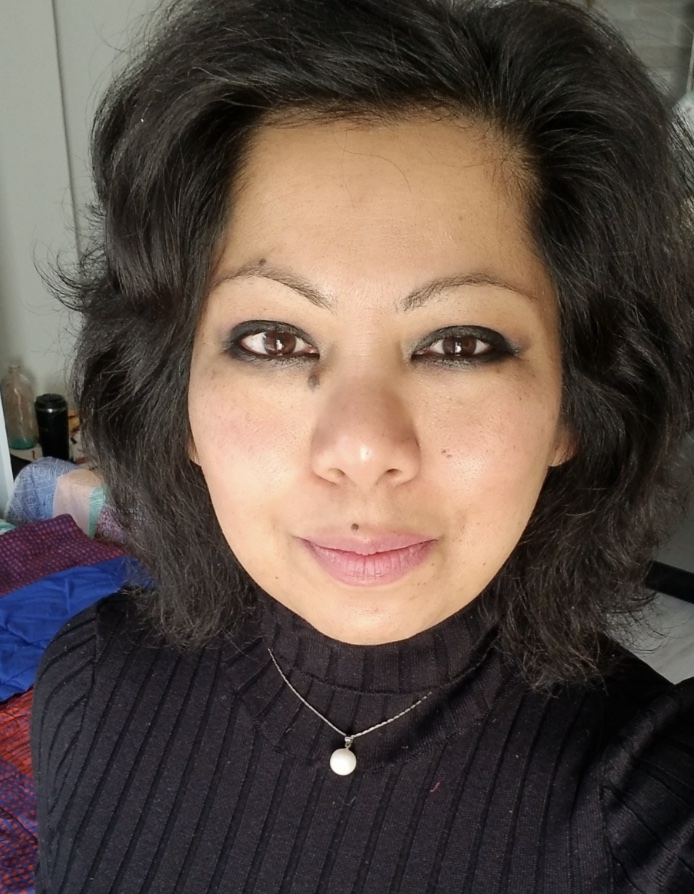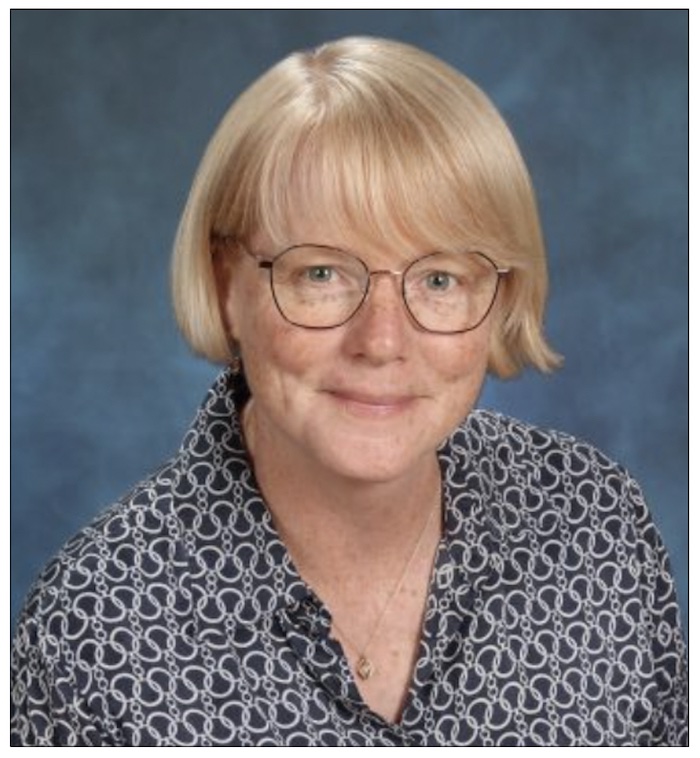
Norah Vollmer, Carleton University
Conference co-organizer
Norah Vollmer has dedicated 16 years of her professional career to Carleton University and she is known as a well-regarded senior administration executive, dedicated to education excellence.
Ms. Vollmer currently contributes her educational expertise and personal passion for ongoing learning as Manager of Faculty Affairs, and she is a founding member and Co-Chair for the university’s Scholars At Risk program. Working closely with, and reporting to the Provost and Deputy Provost of Carleton University, she directs a team responsible for academic recruitment, faculty careers, immigration, human resources information systems, and equity, diversity, and inclusion (EDI) hiring training at the institution.
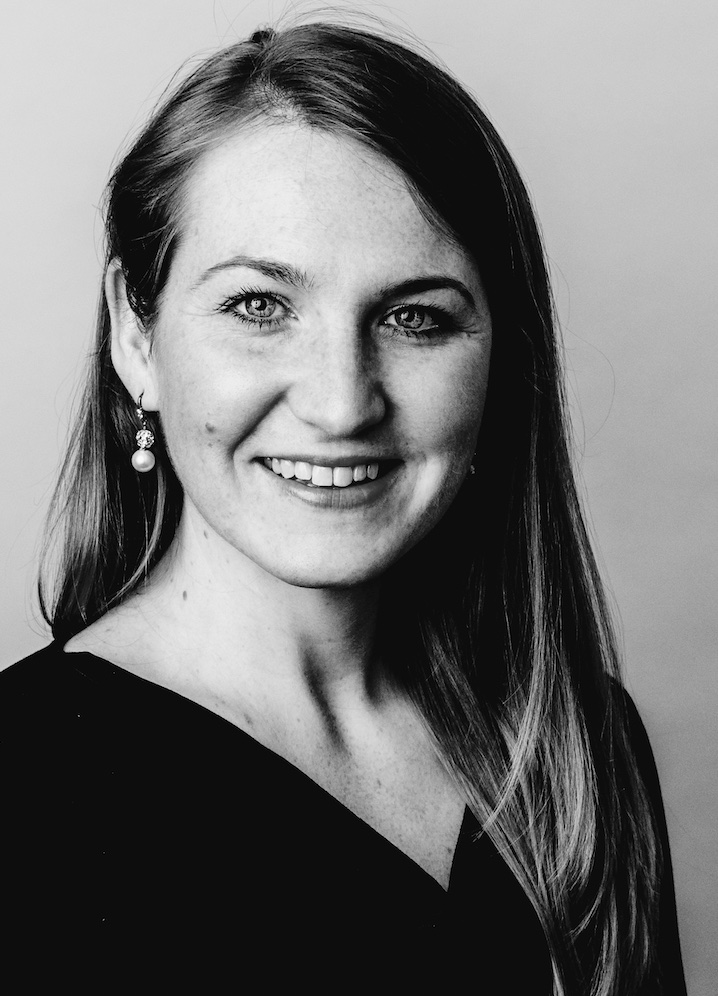
Megan Graham, Carleton University
Conference co-organizer
Megan Graham is a medical anthropologist and adjunct research professor with the Department of Sociology and Anthropology at Carleton University and she teaches undergraduate and graduate courses in Anthropology, Sociology, and Health Sciences. Her research focuses on social determinants of health, biomedicalization and biopolitics of care, critical ageing studies and technology, sound studies, and creative arts-based therapies. Megan is also the co-developer and facilitator of the Academic Advancement and Career Alignment Certificate for New Scholars in Canada, a course offered through the SAR Carleton Initiative to participants across Canada to help give tools and guidance for navigating academic and alt-academic landscapes.
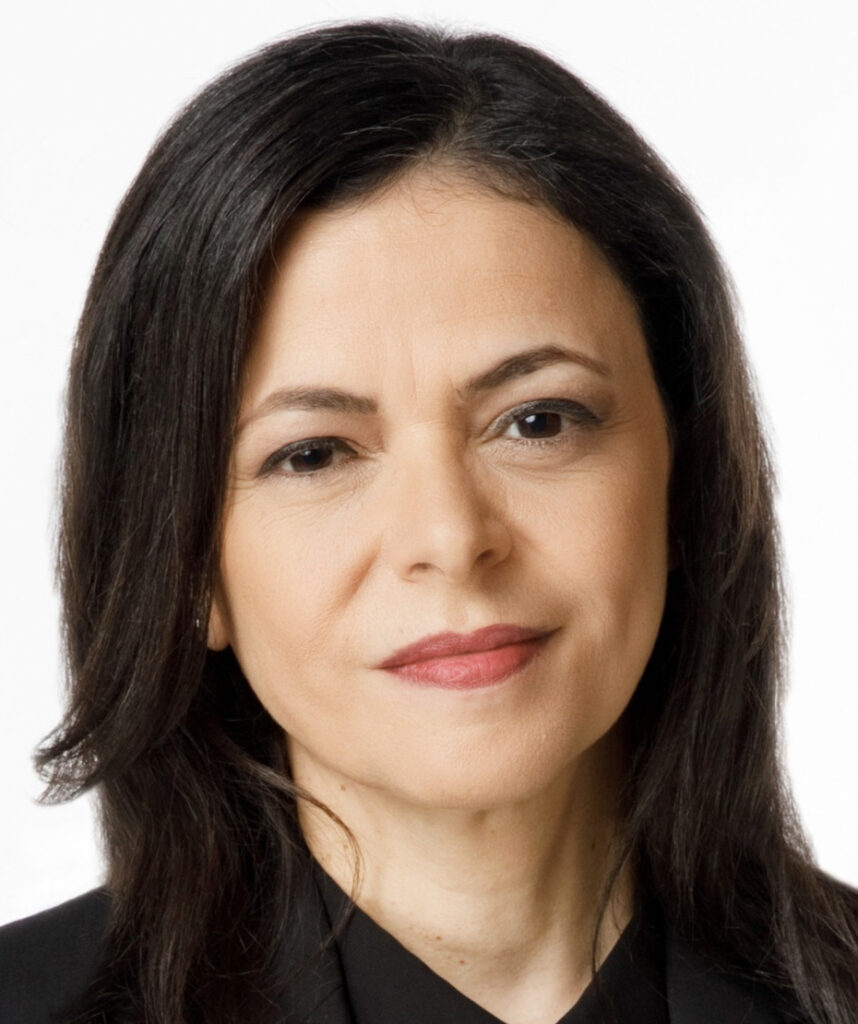
Nahlah Ayed, CBC
Nahlah Ayed is the host of CBC Radio’s Ideas, the public broadcaster’s nightly deep-dive into contemporary thought and intellectual history. Nahlah is also an award-winning veteran of foreign reporting: first, in the Middle East where she spent nearly a decade covering the region’s many conflicts. And later, while based in London, she covered many of the major stories of our time: Russia’s annexation of Crimea, Europe’s refugee crisis, the Brexit vote and its fallout. A former parliamentary reporter for The Canadian Press, Nahlah is a graduate of Carleton University’s Master of Journalism program. She also holds a Master’s degree in interdisciplinary studies (Philosophy, English and Science) and a Bachelor of Science in genetics from the University of Manitoba. Among her many awards and distinctions are: a Prix Italia she won in 2011, for a team-produced multi-media project, “Exile Without End”, about a Palestinian refugee camp in Beirut. In 2012, her book A Thousand Farewells was shortlisted for a Governor General’s Award. In 2016, Nahlah Ayed and her team won “Story of the Year” at the UK Foreign Press Association Awards for their documentary on child labour in India. Nahlah Ayed was born and raised (mostly) in Winnipeg, Canada.
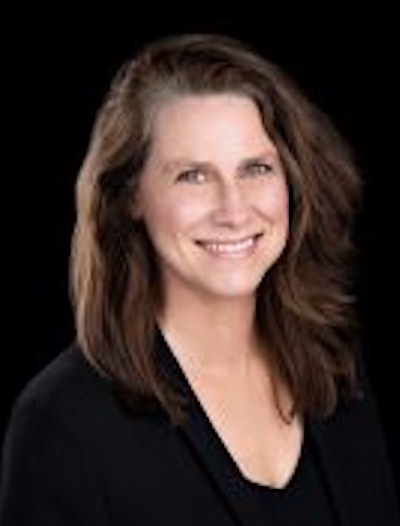
Caroline Ford, International Development Research Centre
Caroline Ford leads the International Development Research Centre’s (IDRC) Democratic and Inclusive Governance division. She has more than 25 years of experience in the fields of governance, justice, human rights, and development. A graduate of political science (BA Hons. Queen’s University, MA Carleton University) and international human rights law (LLM, University of Essex), Caroline began her career designing legal advocacy, gender-based violence, HIV, and access to justice programmes for women and vulnerable youth. She then worked in Africa, the Balkans and at a global level on human rights, international development, humanitarian emergency response, and communications for development. Caroline has held senior management positions leading regional and global expert teams for BBC Media Action, Amnesty International, UNICEF, and the Consortium for Street Children. She has also worked for the United Nations Development Programme, and led country offices for Oxfam and Médecins Sans Frontières. Caroline joined IDRC in February 2021 and now leads our innovative research teams working with Southern institutions on inclusive, accountable, and transparent governance so that ordinary people can claim their rights and influence the decisions that impact their lives.
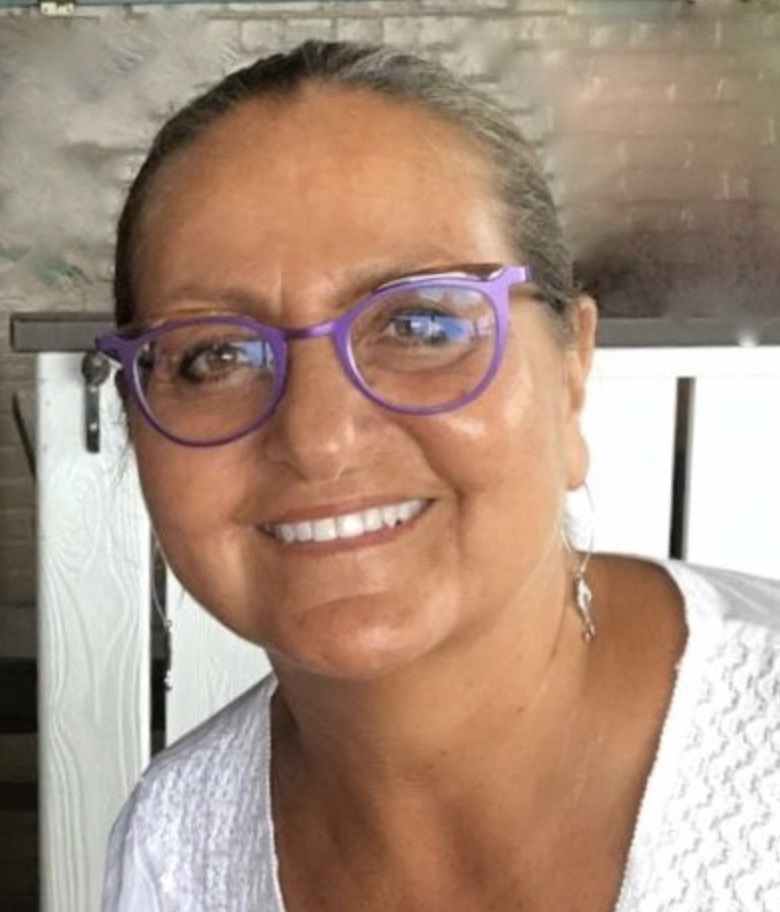
Roula El-Rifai, International Development Research Centre
Roula El-Rifai is a Senior Program Specialist in the Democratic Inclusive Governance program at Canada’s International Development Research Centre (IDRC). Her work supports greater civic engagement and inclusive and accountable governance processes in the Middle East and North Africa region. She leads the portfolio on forced displacement through a network of 12 research chairs on forced displacement based in universities globally. She is an expert on the Palestinian refugee issue and is co-editor of three volumes on Palestinian Refugees: The Palestinian Refugee Problem: The Search for a Resolution (2014); Compensation to Palestinian Refugees and the Search for Palestinian-Israeli Peace (2013); Palestinian Refugees: Challenges of Repatriation and Development (2007).
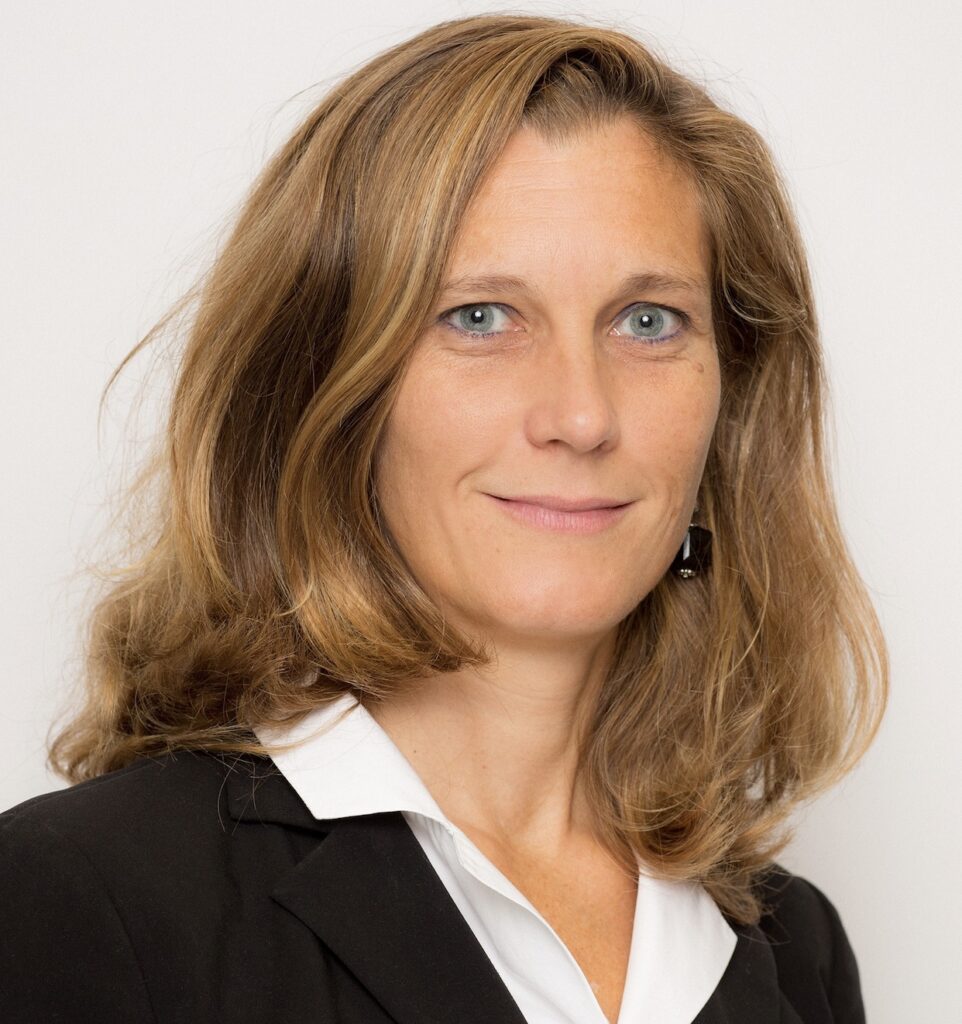
Laura Lohéac, PAUSE, Collège de France
Laura Lohéac has been the Executive Director of the French hosting Program for scientists in exile, PAUSE, at Collège de France since May 2017 and President of the Association Marianne for Human Rights Defenders since December 2021. As an expert in international issues, L. Lohéac held several positions in French administratio, including the Ministry of Europe and Foreign Affairs, the Ministry of Defence, and at the office of the Secretary of State for Higher Education and Research, where she established PAUSE. PAUSE is a partner of the EU-funded project Inspireurope followed by Inspireurope+ since 2019 and works together with The Philipp Schwartz Initiative on the Advising national level initiative mission. PAUSE is also member of the EU funded SAFE (Supporting At-risk researchers with Fellowships in Europe) project.
Dr. Shuchi Karim, Carleton University
Dr. Shuchi Karim is a Bangladeshi Canadian academic and researcher. Dr. Karim’s career is a combination of development work, academia and activism-specializing in interdisciplinary studies of gender and development, feminism, women’s rights, education, and sexuality. With over twenty-five years of diverse experiences in evidence-based program design, training and advocacy in field of gender and development, publications in peer reviewed journals, book chapters, encyclopedias and research reports. She has been with Carleton’s Department of Sociology and Anthropology since 2021. At Carleton, she currently teaches courses in feminist theories and practices, gender and society, women and health, sex and sexualities in the department of Sociology and Anthropology. Dr. Karim was also the Project Director of the research initiative ‘Placement, Preservation, and Perseverance: Afghan at Risk Scholars, Activists and Students’, funded by IDRC(2022-2024),a collaboration between Carleton University and the University of British Columbia. Currently she is the Coordinator of the IDRC Research Chairs Network on Forced Displacement at Carleton University.
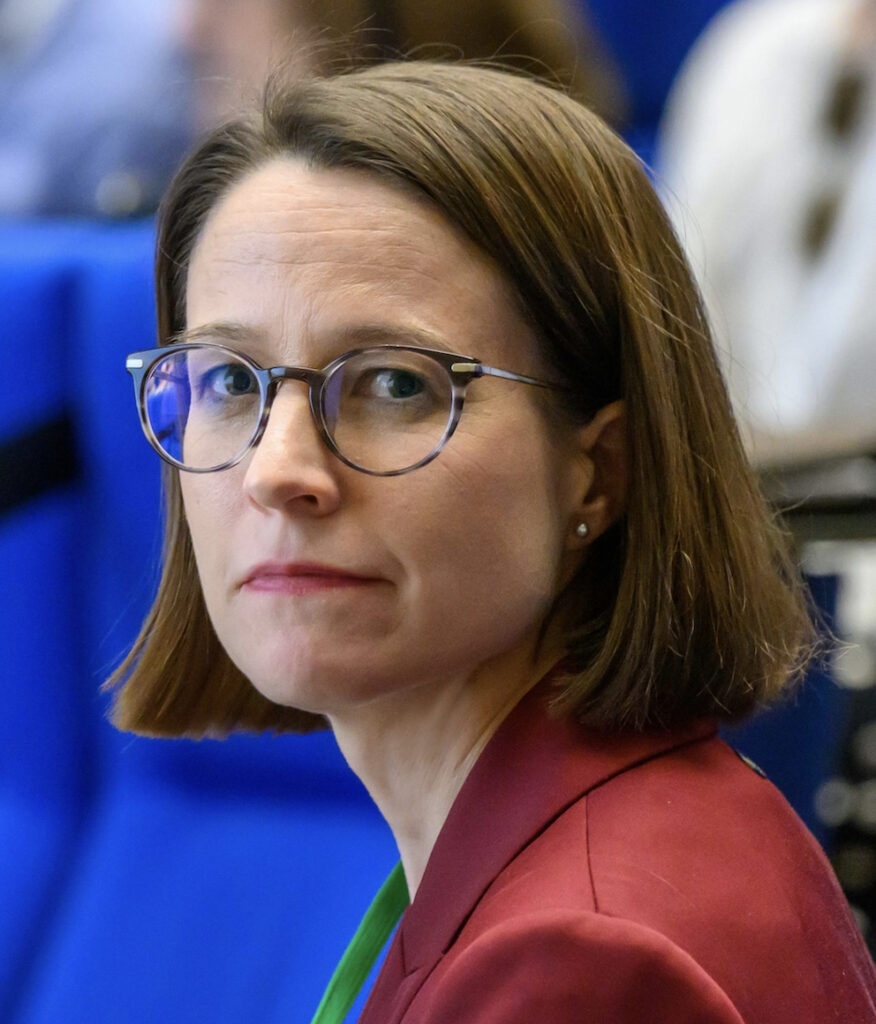
Dr. Maike Didero, Alexander von Humboldt Foundation
Dr. Maike Didero is a human geographer specialized in migration research and urban geography with a focus on Germany and the Middle East. She has been working as a programme director at the Alexander von Humboldt Foundation in the Division Middle East and North Africa since 2016. Since 2023, she is also part of the Humboldt Foundation’s Division Philipp Schwartz Initiative and Academic Freedom and has been contributing to the EU-funded project Inspireurope+ (Initiative to Support, Promote and Integrate Researchers at Risk in Europe). In 2024, together with project consortium colleagues from PAUSE, the French programme for at-risk scholars, she co-authored an updated report on National Level Initiatives for Researchers at Risk in Europe (link).
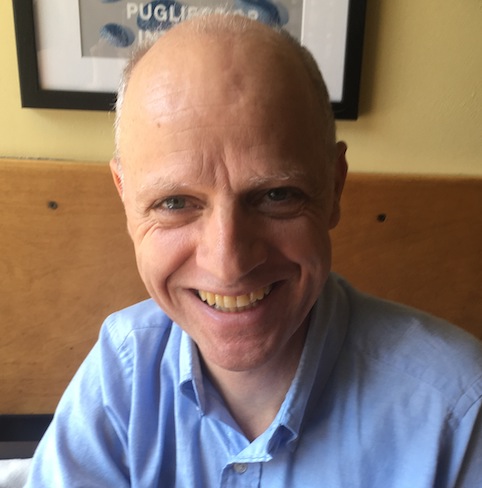
Charles Reeve, Ontario College of Art & Design University
Charles Reeve is Associate Dean of Arts & Science and Professor of Visual and Critical Studies at Ontario College of Art & Design University (OCAD U). He is the author of numerous publications focused on modern and contemporary art and literature, including, most recently, Artists and their Autobiographies from Today to the Renaissance and Back (Routledge, 2022). He is on the steering committee of Scholars at Risk—Canada, and the instructor for a new course that will enable OCAD students to participate in SAR’s student advocacy seminar. He also is a past president of Continuum Contemporary Music, the OCAD University faculty union and l’Association d’art des universités du Canada/the Universities Art Association of Canada.
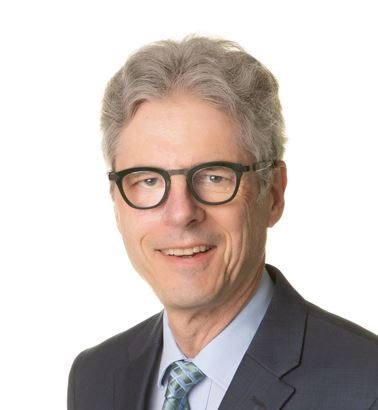
Tony Porter, McMaster University
Tony Porter is Professor of Political Science, McMaster University, Hamilton, Canada. He conducts research on new forms of global governance and business regulation. His current research examines cross-border digital and other infrastructures and their resilience and fragmentation in response to geopolitical conflicts. His books include Handbook of Business and Public Policy, Elgar, co-edited with Aynsley Kellow and Karsten Ronit (2021), Time, Globalization and Human Experience: Interdisciplinary Explorations, Routledge, co-edited with Paul Huebener, Paul, Susie O’Brien, Liam Stockdale, and Rachel Zhou (2017); his edited Financial Regulation after the Global Financial Crisis, Routledge(2014); and Transnational Financial Associations and the Governance of Global Finance: Assembling Power and Wealth. Routledge,(2013), coauthored with Heather McKeen-Edwards. He has been involved at McMaster University with issues related to forcibly displaced students and scholars.
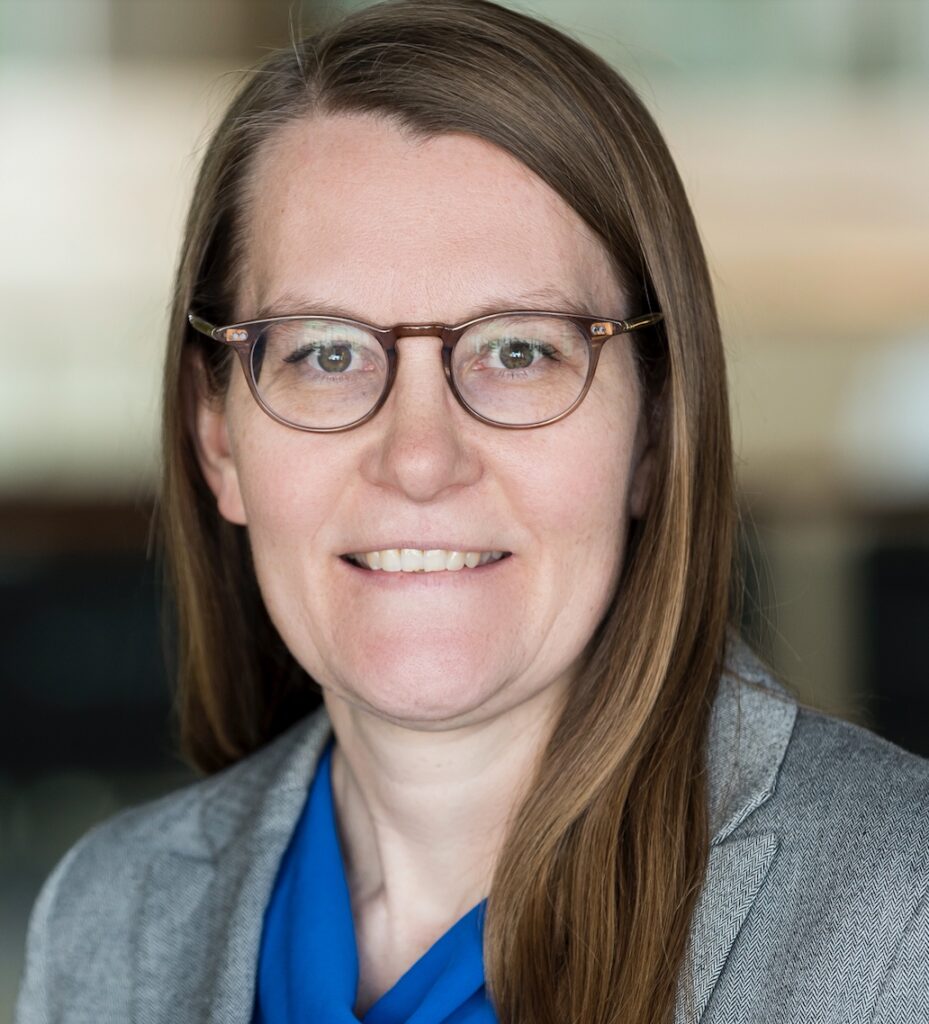
Christina Clark-Kazak, University of Ottawa
Christina Clark-Kazak is Professor of Public and International Affairs at the University of Ottawa. She has served as president of the Canadian and international associations for forced migration studies and editor-in-chief of Refuge: Canada’s Journal on Refugees. Her research focuses on age discrimination, forced migration and interdisciplinary methodologies. Prior to becoming a full-time academic, Christina worked for the Government of Canada for 8 years in international development assistance. Christina has authored and (co-)edited 11 books, 35 articles and book chapters and numerous media interventions, pedagogical resources and policy papers. She holds a doctorate from Oxford, a master’s from Cambridge and a BA from UBC. Christina grew up in a small fishing village in northern BC and sailing Canada’s west coast, the South Pacific and the Caribbean.
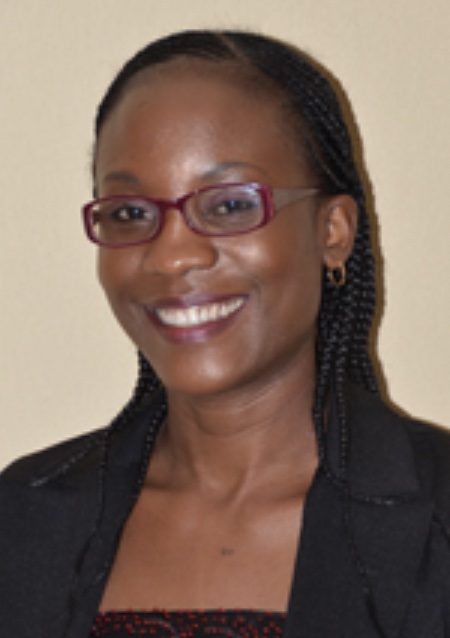
Dr. Doris Kakuru, University of Victoria
Dr. Doris Kakuru is a professor at the University of Victoria’s Faculty of Education in the School of Child and Youth Care. Before joining UVic, she was a visiting professor in the Department of Sociology and Anthropology at Carleton University. Additionally, she is an adjunct research professor at Carleton University’s Institute of African Studies. Her research program is in the broad area of children’s geographies. Currently, Dr. Kakuru leads a SSHRC-funded project exploring the experiences of young refugees (under 18) in Ottawa, in collaboration with researchers from Carleton University and the University of Ottawa.
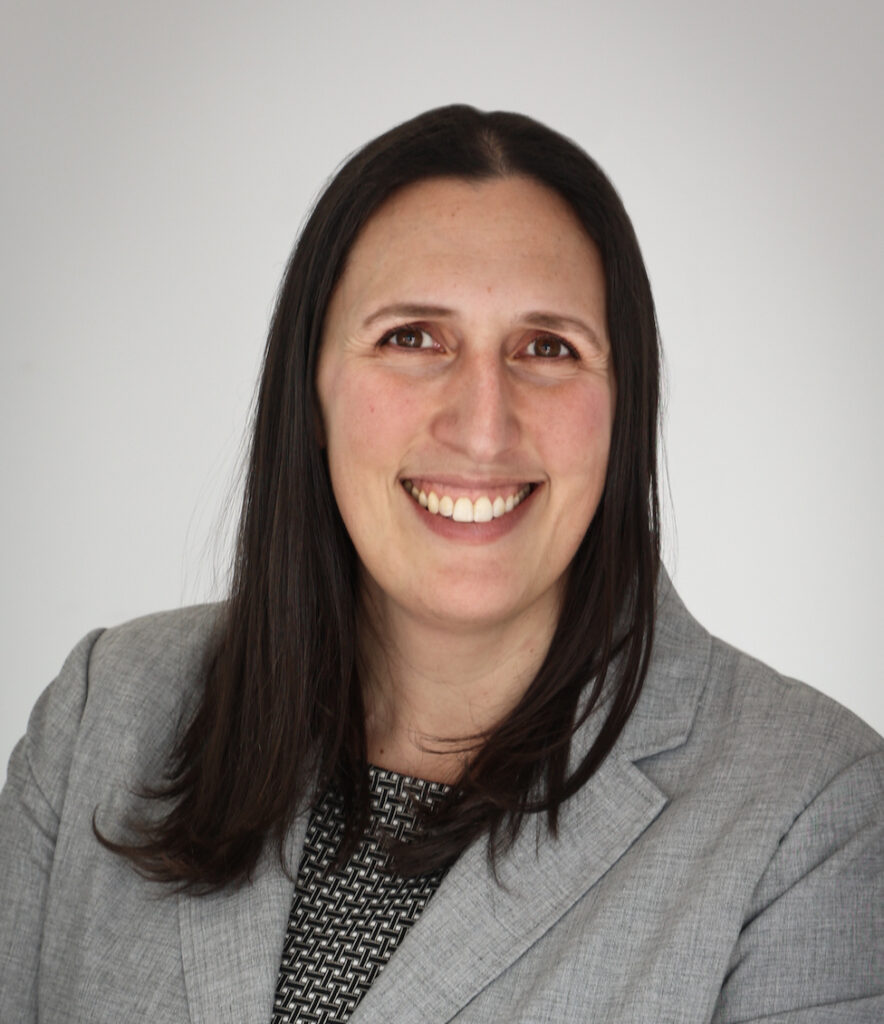
Danielle Alperin
Institute of International Education Scholar Rescue Fund
Danielle Alperin is the Assistant Director of the Institute of International Education Scholar Rescue Fund, where she has worked since 2016. In her current role, she oversees the program’s work with awarded grantees and partners across the globe. Danielle has dedicated her career to work in non-profit and non-governmental organizations focused on supporting and advancing human rights and children’s rights. She holds a B.A. in political science and history from Bucknell University in Pennsylvania and an M.Sc. in human rights from the London School of Economics and Political Science.
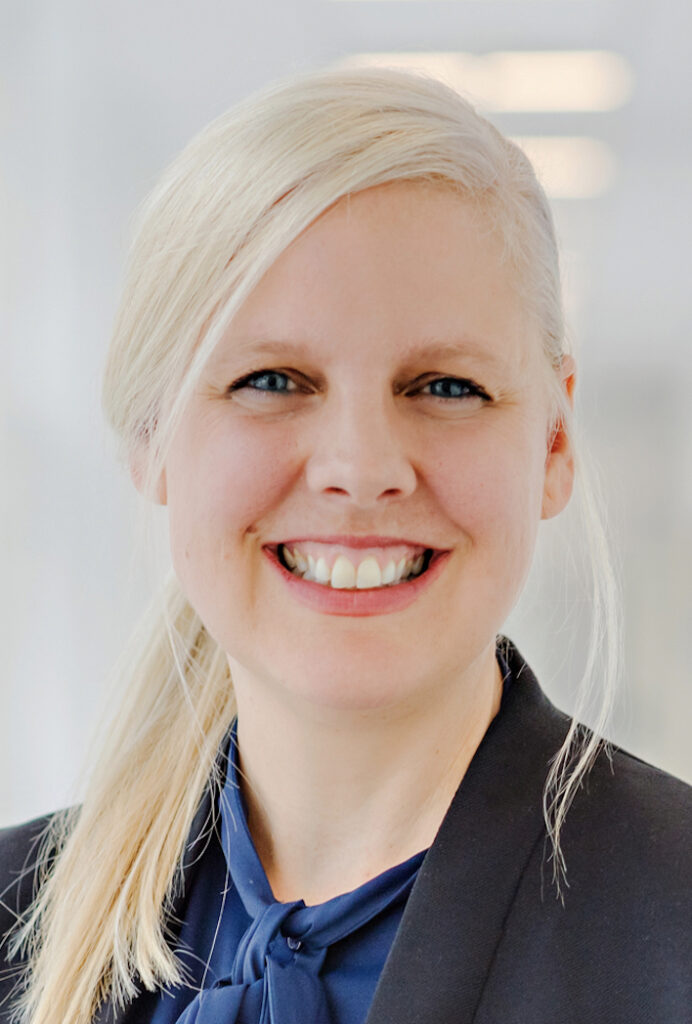
Dr. Bree Akesson, Wilfrid Laurier University
Dr. Bree Akesson is the Canada Research Chair (Tier II) in Global Adversity and Wellbeing, Associate Director of the Centre for Research on Security Practices, and Professor of Social Work at Wilfrid Laurier University in Canada. She has worked for nearly 25 years with children and families impacted by war and displacement in settings such as Chechnya, Northern Uganda, Palestine, Lebanon, Afghanistan, and Bangladesh. Her program of research ranges from micro-level understandings of the experiences of war-affected populations to macro-level initiatives to strengthen global social support systems. Her ongoing research projects include the perinatal experiences of Rohingya refugee families in Bangladesh, the impact of climate change on refugee families displaced by war, and integrated service access for temporary and precarious status migrants in Canada. Her latest book From Bureaucracy to Bullets: Extreme Domicide and the Right to Home explores the impact of home loss for displaced populations and was the inspiration for a United Nations report calling for the classification of home demolition as a war crime. Since 2022, she has been an active member of Wilfrid Laurier University’s Scholars at Risk Committee.
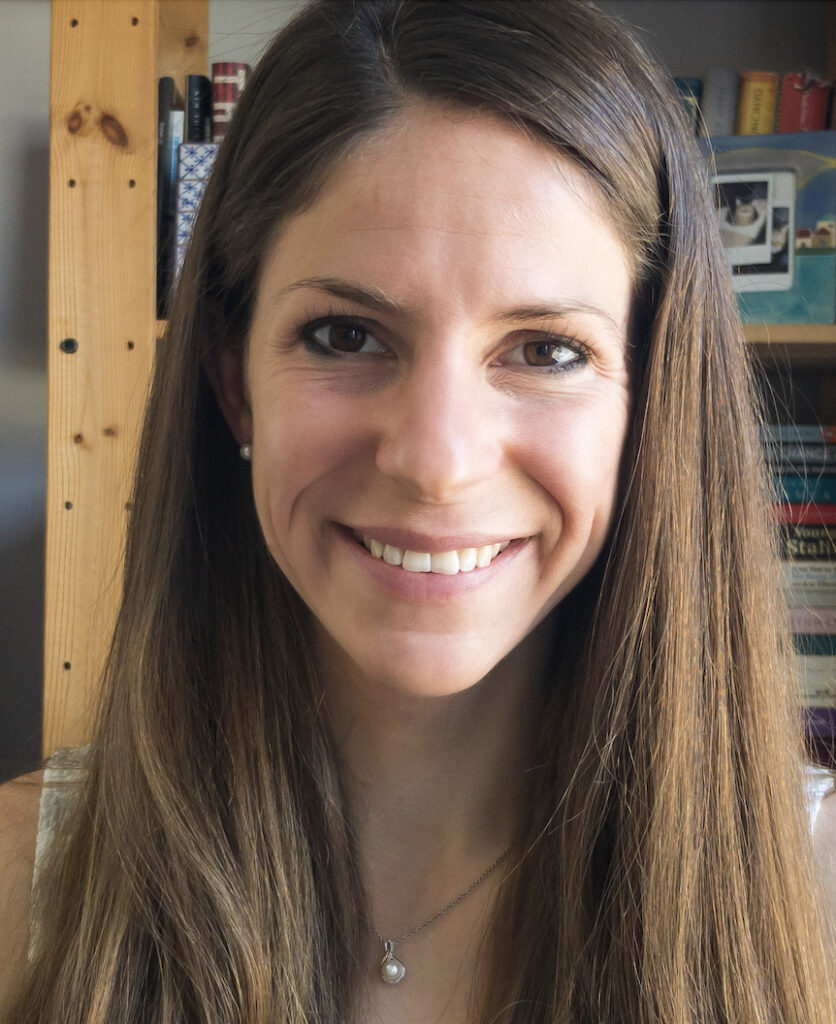
Dana Wagner, TalentLift
Dana Wagner is the Co-Founder and Managing Director of TalentLift, a non-profit international recruitment agency supporting employers across Canada to recruit and relocate talent from within refugee populations worldwide. She was formerly Canada Director with Talent Beyond Boundaries, a Policy Advisor with Independent Senator Ratna Omidvar, and is the co-author of Flight and Freedom: Stories of Escape to Canada. She was named a 2022 emerging leader in social impact by The Peak. Dana holds a Master of Global Affairs from the University of Toronto and a Bachelor of Journalism and Political Science from Carleton University. She has worked in Toronto, Ottawa, Hanoi, and Nairobi.
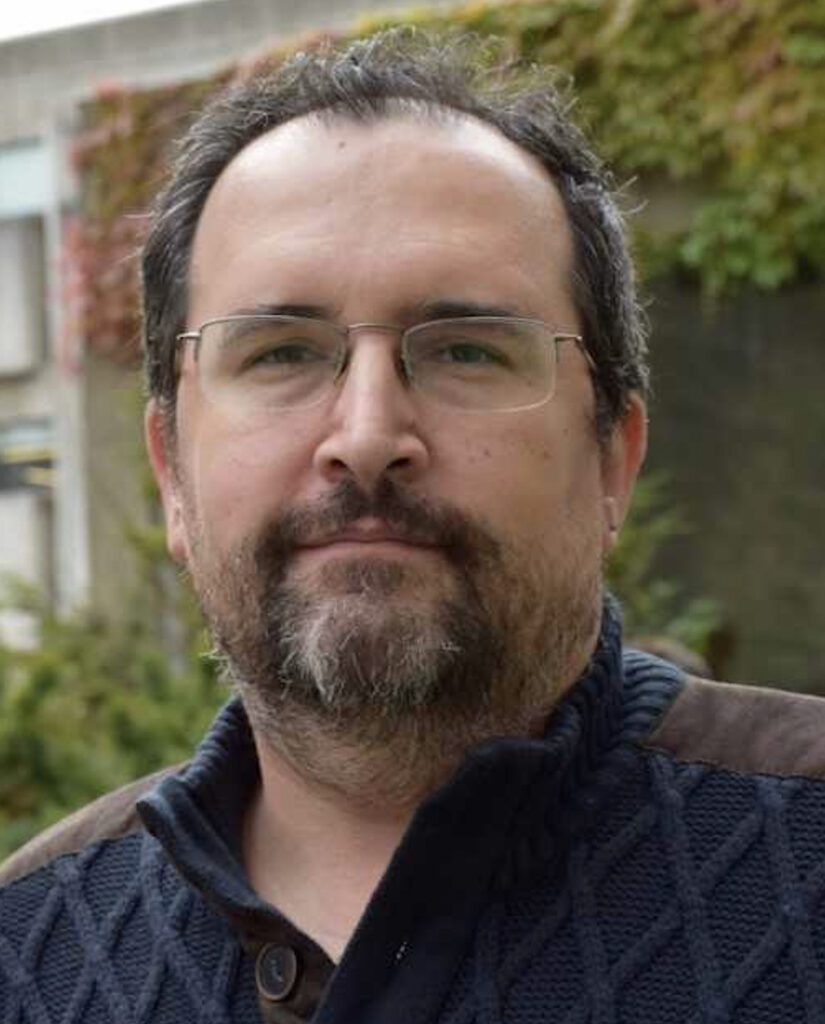
Evren Altinkas, University of Guelph
Evren Altinkas received postgraduate degrees from King’s College London in 2000 and from Dokuz Eylul University in 2003. He obtained his doctoral degree from Dokuz Eylul University in 2011 based on his dissertation comparing the development of the concept of intellectuals in Europe and in Ottoman State/Turkey. Between 2018-2022, Altinkas served as an Assistant Professor in the Department of History, University of Guelph. Currently, Altinkas is an Adjunct Professor in the same department, teaching as a part-time lecturer in several universities including the University of Guelph, Wilfrid Laurier University and Trent University. His research areas are the History of the Middle East, Turkish History, Intellectual History and the Transformation from Ottoman Empire to Modern Middle East and Turkey. He received the Chevening Scholarship for the academic year of 1999-2000, and was a MESA Global Academy Fellow for the academic years 2020-2021 and 2021-2022. Altinkas is an editor of H-TURK. Dr. Altinkas has several academic articles and book chapters published.
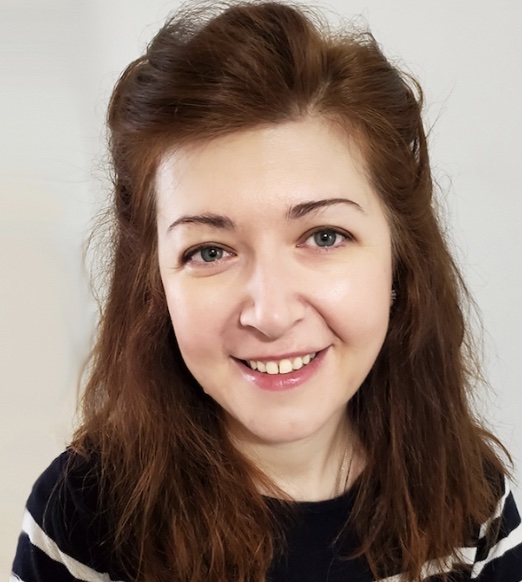
Canan Altinkas, multidisciplinary artist
Canan Altinkas, PhD, is a multidisciplinary artist, educator, curator, and therapeutic art life coach based in Ontario, Canada. With over 15 years of international experience in fine arts education and community engagement, she brings a deeply reflective and inclusive approach to her creative practice. Holding a doctorate in Fine Arts Education from Turkey’s Dokuz Eylül University, Altinkas has taught at universities in Turkey and Cyprus, curated exhibitions such as “Hope Survived” at Queen’s University, and currently instructs art classes at different institutions in Kitchener, Ont.
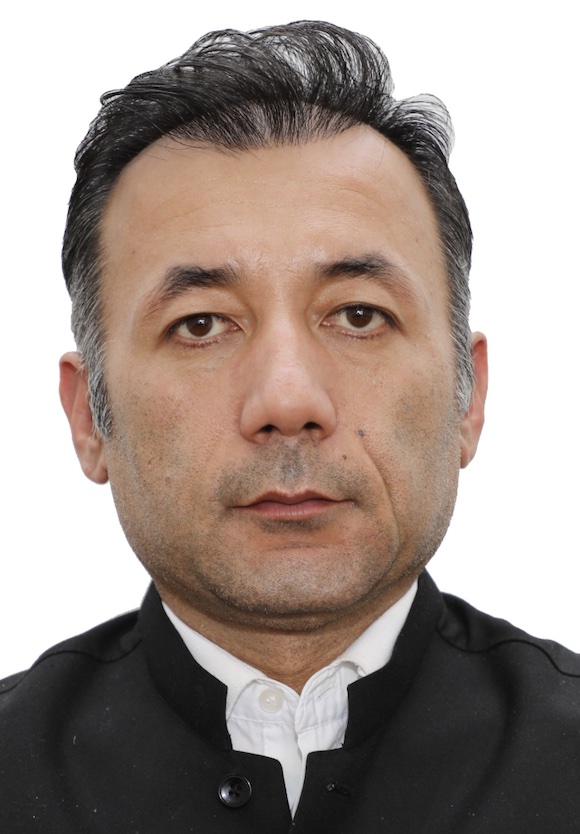
Maiwand Rahyab, Resilient Societies
Maiwand Rahyab is the founder and CEO of Resilient Societies, an emerging Canada-based global organization dedicated to empowering civil society activists and human rights defenders, especially those operating from ‘closed’ or ‘closing’ civic spaces, or in exile. Before relocating to Canada, Maiwand held leadership roles with the National Democratic Institute, Counterpart International and Afghanistan Institute for Civil Society. His insights and expertise have been featured in notable publications, including the Ottawa Citizen, Montreal Gazette, and The Diplomat, where he regularly writes on civil society, democracy, and human rights. Maiwand is a Fulbright and Chevening scholar and Asia Society Fellow.
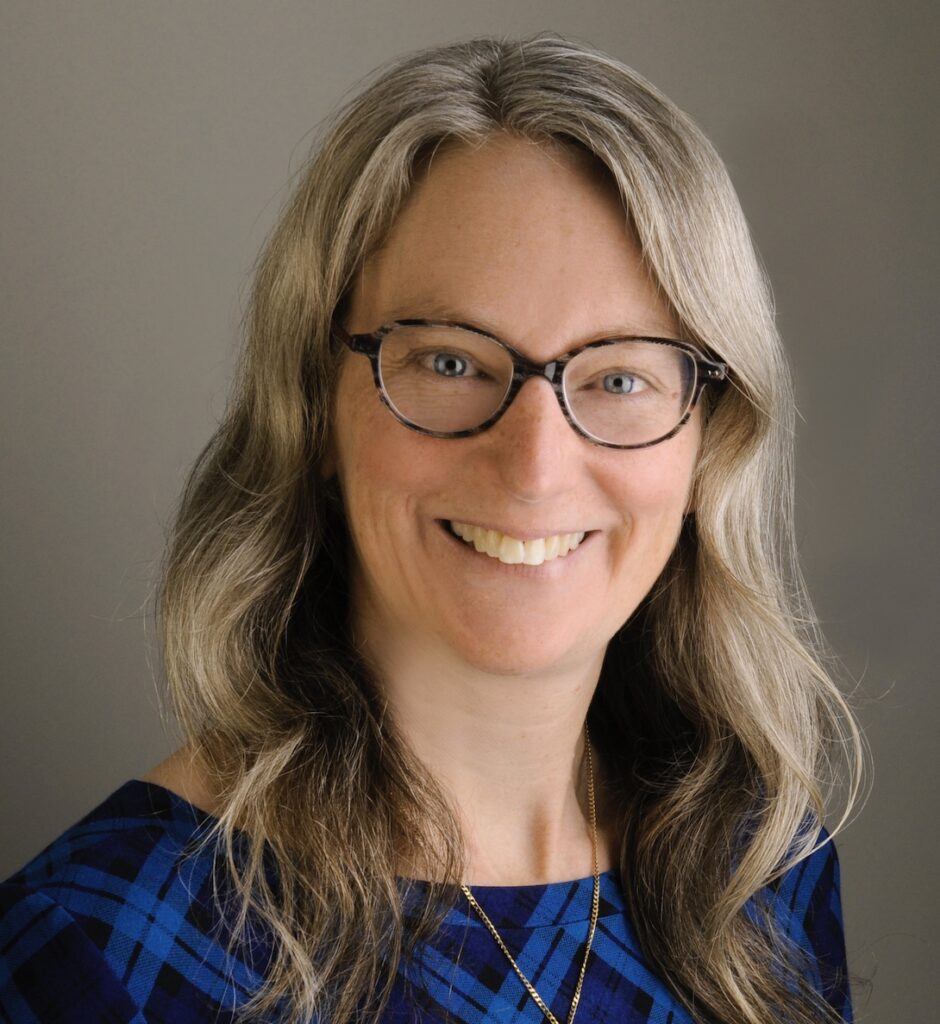
Sandra Elgersma
United Nations High Commissioner for Refugees
Sandra works for the United Nations High Commissioner for Refugees — the UN Refugee Agency — which protects people forced to flee their homes because of conflict and persecution. Her role at UNHCR is to expand solutions for refugees coming to Canada through education and labour pathways. Complementary pathways expand options for refugees to come to Canada beyond resettlement, which is important as the scale of displacement increases. Sandra’s knowledge of immigration policy stems from over a decade working at the Library of Parliament. Previously, she worked in the NGO sector on refugee resettlement, among other things.
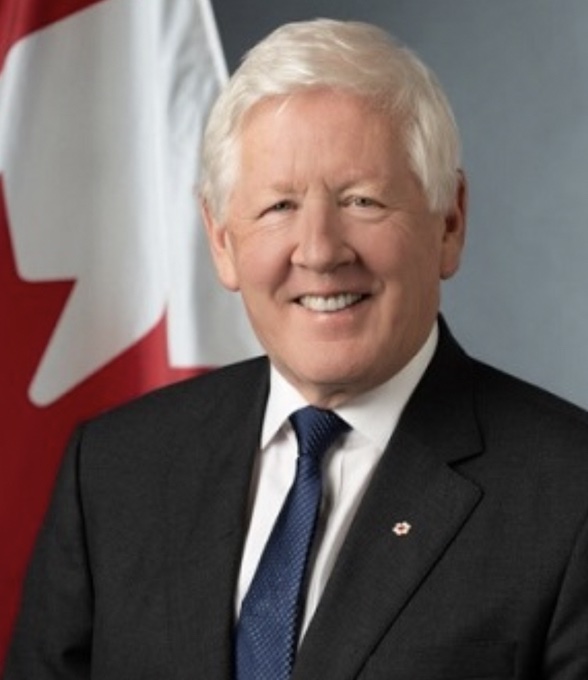
Bob Rae, Canada’s Ambassador to the UN
The Honourable Bob Rae, Permanent Representative and Ambassador of Canada to United Nations in New York and President of the United Nations Economic and Social Council. He has served as Canada’s Ambassador to the UN since August 4, 2020. Since assuming this role has been active in all aspects of the work of the UN, culminating in his election to the Presidency of the Economic and Social Council (ECOSOC) for 2024‑25, the second Canadian to assume this role, and joins Lester Pearson (President of the General Assembly 1952‑53) and George Davidson (ECOSOC 1958‑59) as Canadians elected in their personal capacity to preside over UN Charter bodies. Mr. Rae served as Premier of Ontario from 1990 to 1995, and interim Leader of the Liberal Party of Canada from 2011 to 2013. He was elected to federal and provincial parliaments eleven times between 1978 and 2013. He has been honoured by the alumni of both bodies for his distinguished service. Mr. Rae is a Fellow of the Forum of Federations (an organization he co-founded in the 1990’s), Massey College, the Raoul Wallenberg Centre for Human Rights, and the Munk School of Global Affairs and Public Policy. In October 2017, Mr. Rae was appointed as Canada’s Special Envoy to Myanmar. In this role, he engaged in diplomatic efforts to address the crisis in the country’s Rakhine State and wrote the report “Tell Them We’re Human” in 2018. In March 2020, he was named by Prime Minister Trudeau to be Canada’s Special Envoy on Humanitarian and Refugee Issues. This led to his report “A Global Pandemic Requires a Global Response”, which was made public shortly before his appointment as Ambassador to the UN.
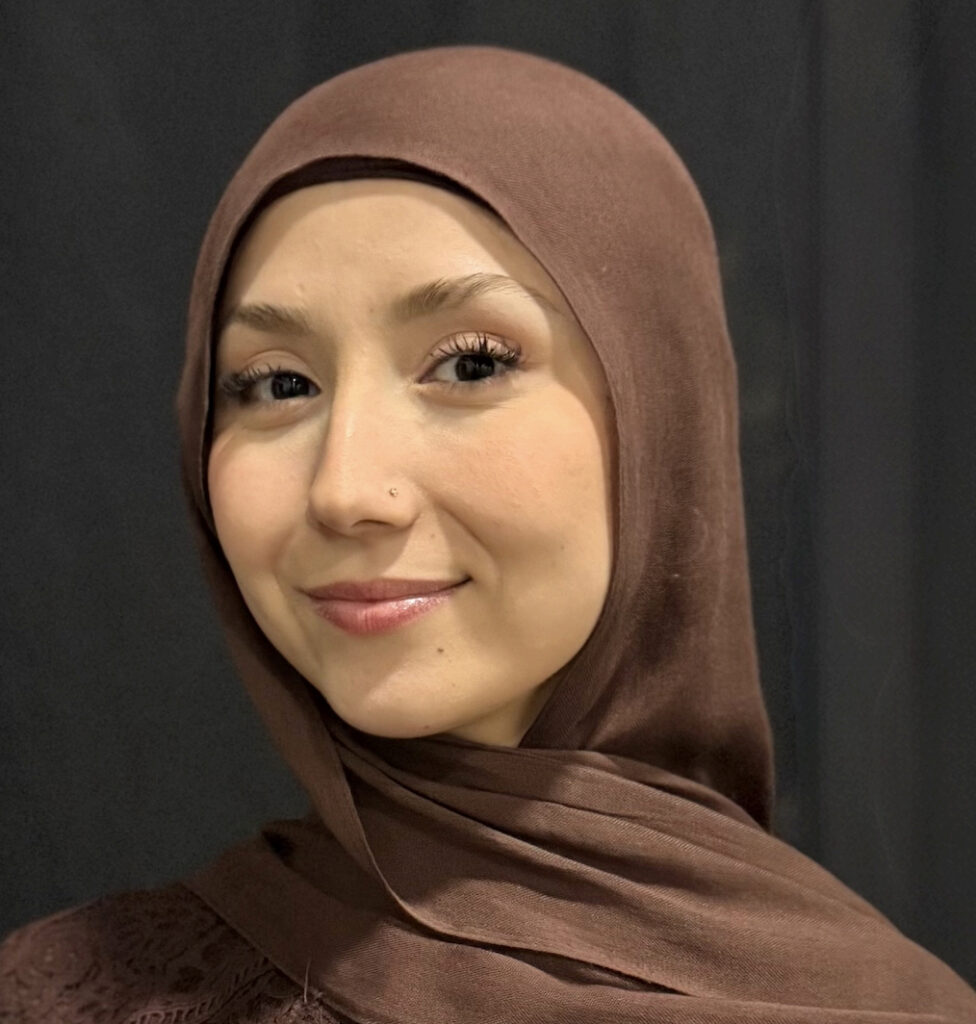
Aida Sanjush, University of British Columbia
Aida Sanjush is a researcher, storyteller, and advocate committed to advancing social justice, refugee rights, and equitable education. She holds a Bachelor of Arts in Political Science from the University of British Columbia, where she studied on a full scholarship, graduated with distinction, and completed a year abroad at Sciences Po in France. Her academic research bridges theory and practice, focusing on displacement, identity, and structural inequity. As part of UBC’s Placement, Preservation, and Perseverance (PPP) and Intergenerational Connections and Futures (ICF) projects, Aida authored a paper examining how colonial legacies and Orientalist assumptions shape the academic belonging of Afghan scholars in exile, with particular attention to the structural barriers they face in Western institutions. Currently based in Vancouver, she works as a senior caseworker supporting refugees and newcomers, drawing on lived experience, cultural fluency, and a deep commitment to justice in her day-to-day advocacy. Aida’s work is driven by her belief in the power of education, community, and storytelling to shift narratives and build more equitable futures.
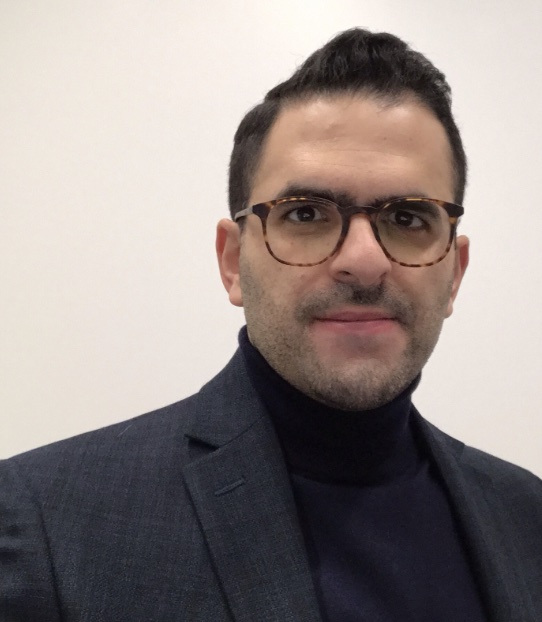
Bassel Ramli, Jumpstart Refugee Talent
Bassel Ramli is the Co-Founder of Jumpstart Refugee Talent, a refugee-led organization dedicated to connecting displaced individuals with meaningful employment, entrepreneurship, and durable solutions. As Director of Global Initiatives, Bassel spearheads Jumpstart’s international efforts to develop and expand complementary pathways that enhance refugee economic inclusion and leadership. He leads Jumpstart’s work on the Global Task Force on Refugee Labour Mobility, a multi-stakeholder initiative chaired by the Government of Australia. In this role, Bassel collaborates with international partners to scale innovative labour mobility programs globally, including Canada’s Economic Mobility Pathways Pilot (EMPP), which facilitates the relocation of skilled refugees to fill labour shortages in host countries. Bassel’s work emphasizes the creation of practical, scalable models that empower refugee-led organizations and ensure refugees have a voice in shaping global mobility solutions. Before co-founding Jumpstart, he gained experience in the banking and consulting sectors.

James Milner, Carleton University
James Milner is a Professor of Political Science at Carleton University. He is currently Project Director of LERRN: The Local Engagement Refugee Research Network, a 7-year, SSHRC-funded partnership between researchers and civil society actors primarily in Canada, Jordan, Kenya, Lebanon and Tanzania. He is also Director of the Migration and Diaspora Studies program at Carleton University, Co-Chair of the Global Academic Interdisciplinary Network, and Canada’s first De Mello Chair. He has been a researcher, practitioner and policy advisor on issues relating to the global refugee regime, global refugee policy, meaningful refugee participation and the politics of asylum in the global South. He has worked as a Consultant for the United Nations High Commissioner for Refugees (UNHCR) in India, Cameroon, Guinea and its Geneva Headquarters.
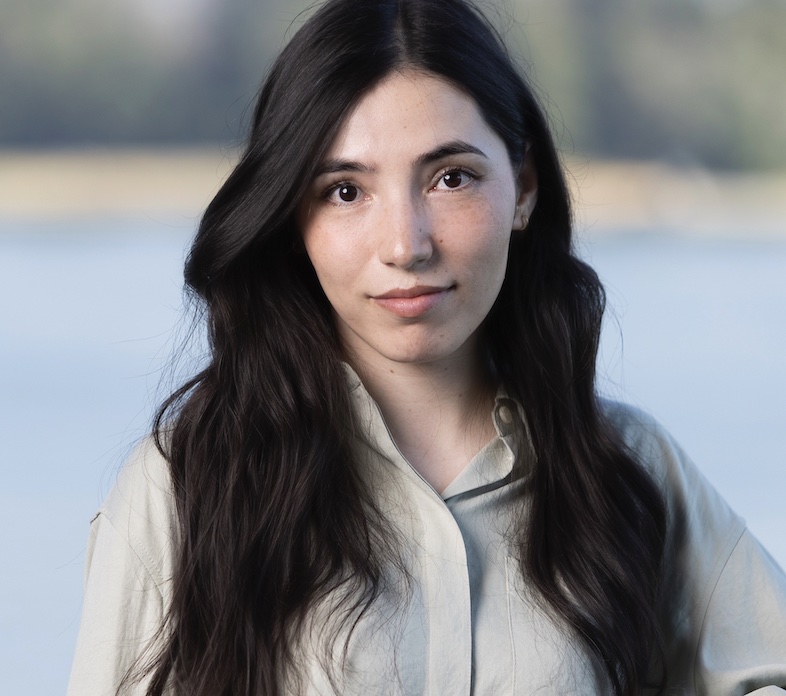
Shahla Gulistani
Engage Delaney/University of British Columbia
Shahla Gulistani is a Senior Coordinator in Engagement and Data Analysis with Vancouver-based firm Engage Delaney, where she supports inclusive engagement processes grounded in equity, systems-thinking, and community insight. She holds a Bachelor of Arts in International Relations from the University of British Columbia, where she received the Young Global Citizen award. Her recent research, presented as part of UBC’s Placement, Preservation, and Perseverance (PPP) and Intergenerational Connections and Futures (ICF) projects, explores the political disruption of Afghan scholarly networks and the role of diaspora communities in sustaining knowledge systems under threat. Shahla brings a deep commitment to equity and representation to both her research and professional work, with particular strengths in qualitative analysis, intersectional engagement, and accessible reporting. She is passionate about supporting community-led approaches to knowledge production and policy development.
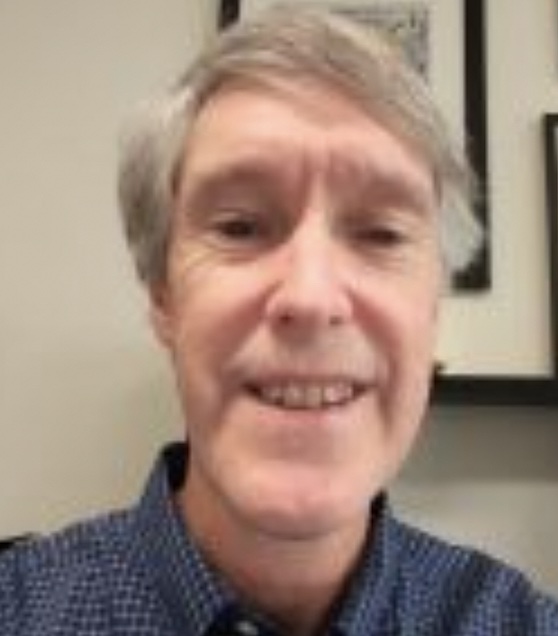
Brian Evans, Scholars at Risk Network, New York
Brian Evans is a Program Officer with the Membership and University Relations team of Scholars at Risk, where he supports the work of the Canada and United States sections of SAR, and works to develop and lead strategies for identifying, recruiting, and engaging universities, faculty, and students in these two sections. He holds an MA in Middle East Studies from the University of Texas at Austin, and served for many years as a Middle East Country Specialist with Amnesty International. He has supported advocacy and organizing efforts across the United States as a Program Director for Amnesty International USA’s Death Penalty Abolition Campaign, a State Campaigns Director for the Campaign for Youth Justice, and, most recently, at Churches for Middle East Peace.
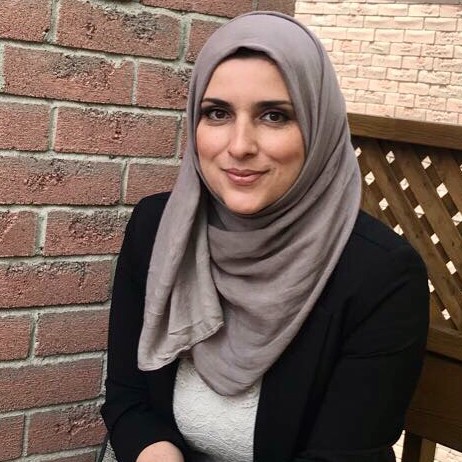
Bayan Khatib, Northpine Foundation
Bayan Khatib is the Impact Director of the Refugee Portfolio at the Northpine Foundation, one of the largest private philanthropy foundations in Canada and a leader in the venture philanthropy space. Bayan is also the co-founder of the Syrian Canadian Foundation which aims to empower newcomers and people of diverse backgrounds as well as promote cross-cultural connections within Canadian society. She served as the Executive Director of the organization for 3 years, building SCF from the ground up and introducing first of its kind programming for newcomers in Canada. Bayan is the co-founder of the annual Syria Film Festival in Toronto which aims to give voice to the struggles and hopes of the Syrian people. During the Syrian uprising for freedom beginning in 2011, Bayan led a multinational media campaign, had numerous media appearances, and participated as a speaker on the Syrian crisis at local and international events and conferences. Bayan is the translator of Just Five Minutes: Nine Years in the Prisons of Syria, a memoir of a female political prisoner. She is also the author of numerous short works of fiction and opinion articles.
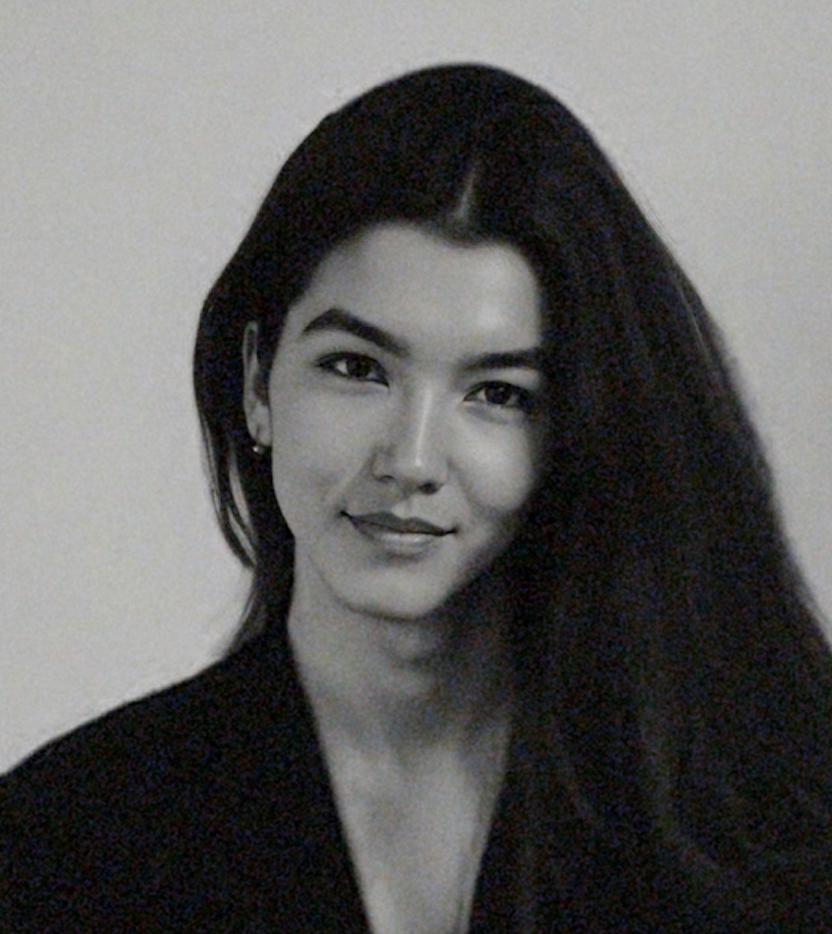
S. Alizada
University of British Columbia/Students Without Borders
S. Alizada is a fourth-year student at the University of British Columbia (UBC) with an interdisciplinary background in human geography and social work. She recently established and currently leads the Students Without Borders (SWB) Advocacy Network, focusing on raising awareness and supporting initiatives for displaced students at UBC and beyond. Alizada has authored two papers on forced displacement and higher education access in Canadian institutions under the “PPP” project. Her academic and professional work centres on the intersections of migration, community development, and equitable access to higher education and services. Driven by a commitment to systems change and social justice, she aims to create sustainable impact through both research and community initiatives.
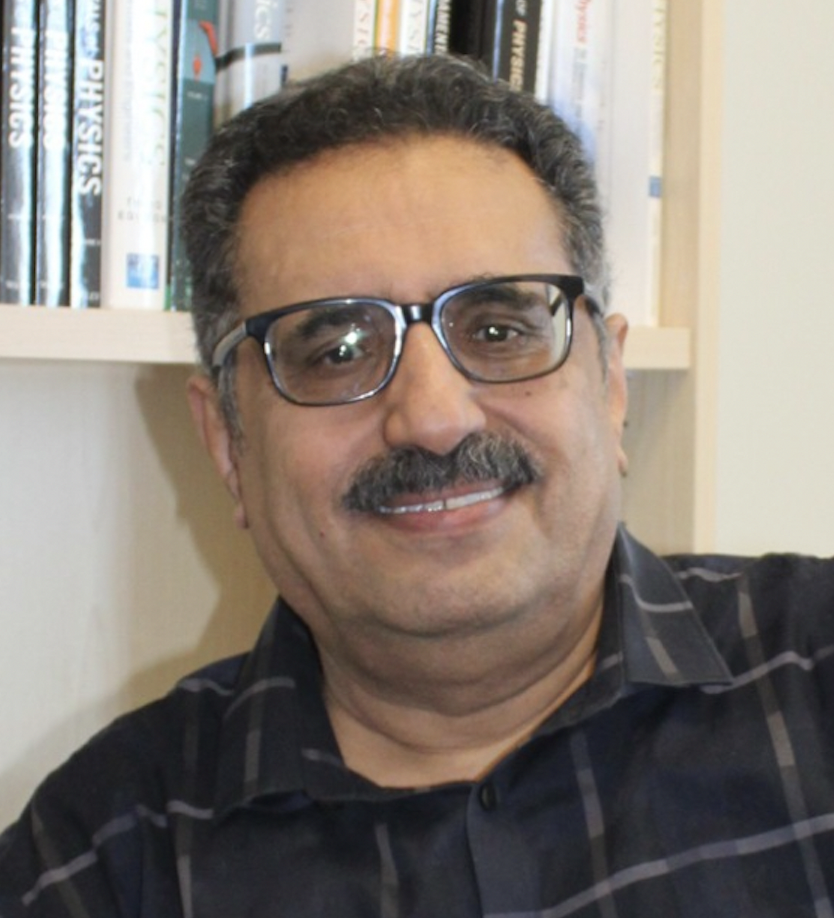
Dr. Mustafa Bahran, Carleton University
Dr. Mustafa Bahran is a nuclear scientist with a PhD from the University of Oklahoma. Since June 2018, he has been a Visiting Professor of Physics and Contract Instructor at Carleton University. From January 2017 to May 2018, he was the Visiting Professor of Physics at the Homer L. Dodge Department of Physics and Astronomy, University of Oklahoma. From 1994-2015, he was a professor of physics at the University of Sana’a. He has served as Yemen’s Minister of Electricity and Energy (2007-2008), Yemen’s Science and Technology Advisor to the President of the Republic (1995-2007). He was Founder and Chairman of the National Atomic Energy Commission (NATEC), Yemen (1999-2008). He was a member of the IAEA Board of Governors (2004-2006) and Founder and Vice-Chairman of the Board of Directors of the Yemeni Scientific Research Foundation (1997-2006). From 1998 to 2006, he was Publisher of the Yemeni Journal of Science. Mustafa is an advocate for science, academic freedom, human rights, civil liberties and scholars at risk. He is chairman of the Association of Yemeni Academics and Professionals (AYAP), an NGO registered in Canada with international affiliations. He is also an op-ed contributor in Canada and Yemen.
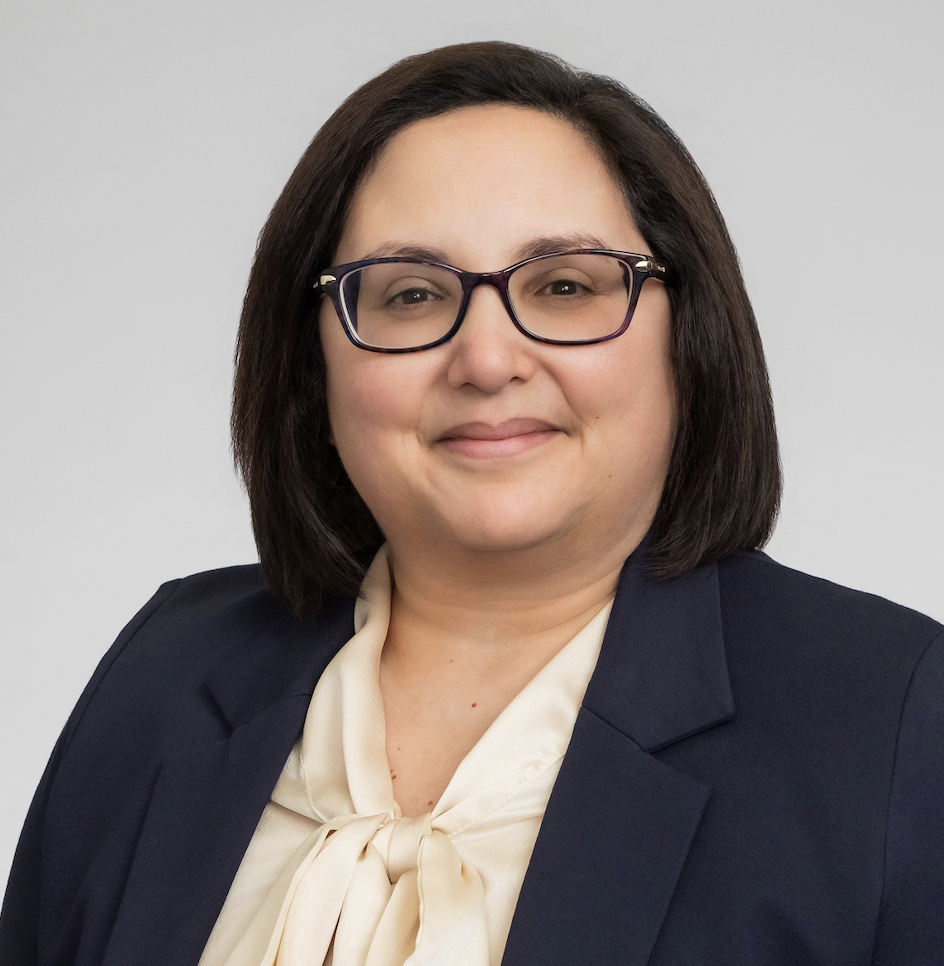
Dr. Betina Appel Kuzmarov, Carleton University
Dr. Betina Appel Kuzmarov is the current Associate Vice-President (International) at Carleton University. Betina previously served as the chair of the Department of Law and Legal Studies, where she was a faculty member since 2006, Clerk of Carleton’s Senate, and Associate Dean (Students and Enrolment) in the Faculty of Public Affairs. She was also one of four co-chairs for the university’s current Strategic Integrated Plan. As a trained lawyer, Betina’s research interests lie in the area of international law, as well as law and religion. Her research and training all focus on aspects of international law or transnational legal issues.
Dr. Zahra Nazari, Carleton University
Dr. Zahra Nazari is a Visiting Professor in the Department of Electronics at Carleton University. With a Ph.D. in Intelligent Systems Engineering, her expertise spans artificial intelligence, data science, and digital education.
Zahra is passionate about leveraging technology to advance inclusive education for marginalized communities, particularly women and girls in developing countries. She has held academic and leadership roles across Afghanistan, Japan, and Canada, and currently serves as Director of Women in Tech Afghanistan.

Marion Gués Lucchini, PAUSE, Collège de France
Marion Gués Lucchini is Advocacy and International Relations Manager at the PAUSE Programme, where she promotes the protection of scholars and artists at risk and leads national and international advocacy efforts. In her previous role at PAUSE, she coordinated European partnerships and funding, and supported the placement of at-risk researchers in French institutions. She is a co-author of the first Inspireurope report, “Researchers at Risk: National-level Actions in Europe.” Her earlier experience includes positions at the French Embassy in South Africa and the CNRS, focusing on international scientific and innovation cooperation.
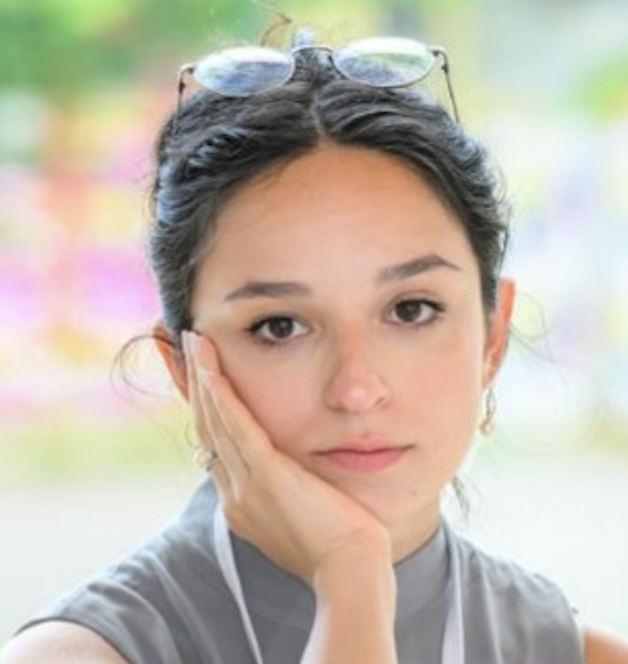
Phoebe Alpern, Scholars at Risk
Phoebe Alpern is a Program Associate for Membership and University Relations with Scholars at Risk in New York. She coordinates SAR’s International Advisory Committee and recruits and supports the members of the SAR’s 15 national sections in Europe and Australia. She is a Master’s student in history at New York University, where she studies the history of private military contracting.
Conference News Team
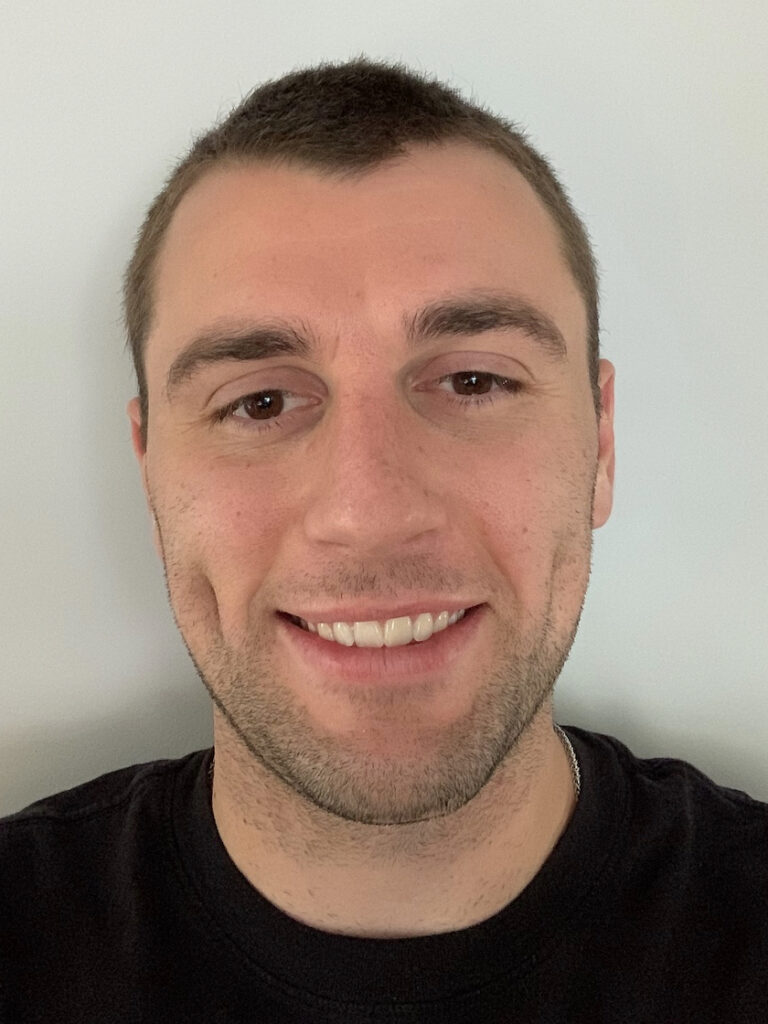
Will Brady is entering his second year in the Master of Journalism program at Carleton University. Originally from the United States, he has a bachelor’s degree in Sociology and Entrepreneurship from Tufts University in Medford, Massachusetts, where he graduated in 2022. Will has a passion for sports writing and advanced statistics, with a particular focus on professional basketball. He hopes to become an NBA analyst upon graduation, and he is currently focusing on his master’s research project on the WNBA’s upcoming expansion to Toronto in 2026.

Simone R. Brown is a multidisciplinary creative and journalist from Brampton, Ont., currently completing her Honours degree in Journalism and Human Rights and Social Justice at Carleton University. Passionate about storytelling, equity, and creative expression, she blends writing, media, and visual art to explore themes of Blackness, feminism, culture, and empowerment. Simone’s work spans freelance writing, panel moderating, digital media correspondence, and creative direction, with a strong focus on amplifying underrepresented voices and creating space for dialogue, reflection, and connection.
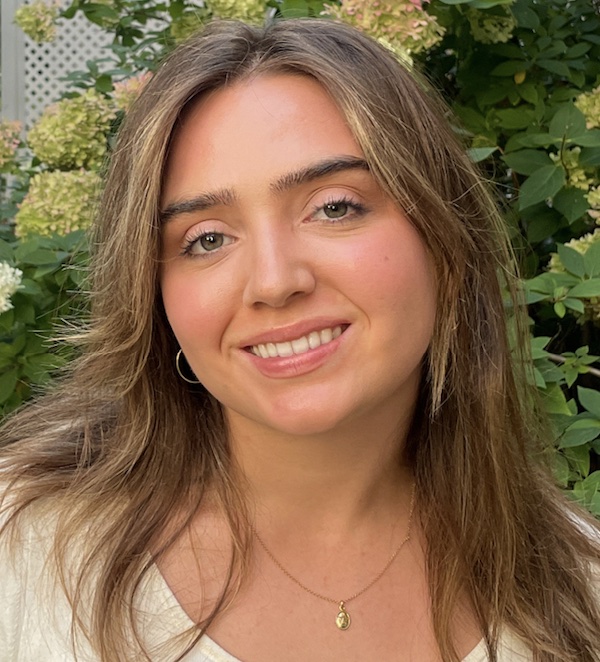
Olivia Grandy holds a bachelor’s degree in journalism from Carleton University. She especially enjoys working on stories related to politics, climate, culture and business. Olivia has worked as a research assistant for the Climate Disaster Project and interned on the radio show CBC Ottawa Morning and The Globe and Mail’s The Decibel podcast. When she’s not reporting or producing, she loves long-distance running, taking street photography and cooking.
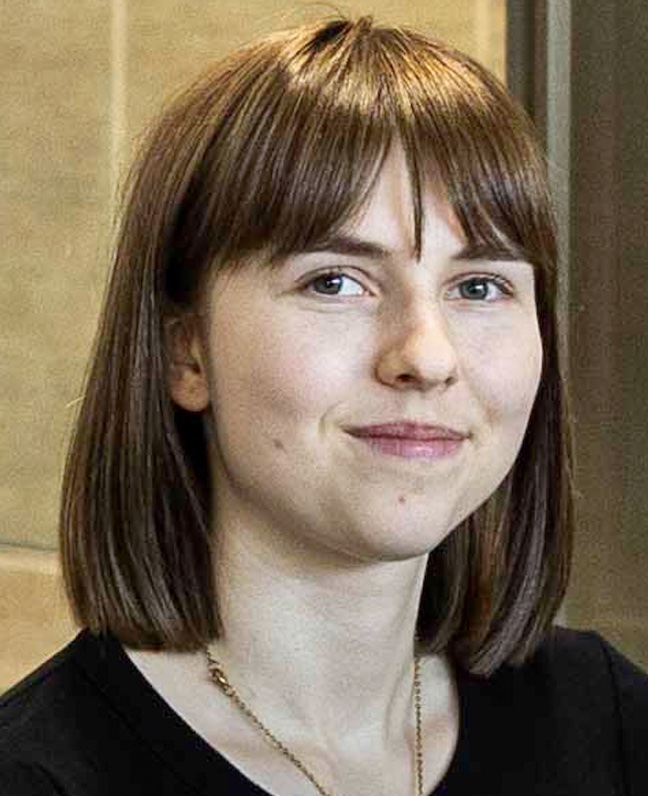
Audrey Pridham is a recent graduate from Carleton’s Bachelor of Journalism program and an incoming Master of Journalism candidate. She enjoys reporting on a variety of topics including current affairs, arts and culture, business trends, technology, and more. Her work has been featured in Financial Post, Apartment613, Ottawa Life Magazine, and Capital Current, among others. In addition to writing, she is also passionate about audio production and hosts her own music/talk show on CKCU-FM.
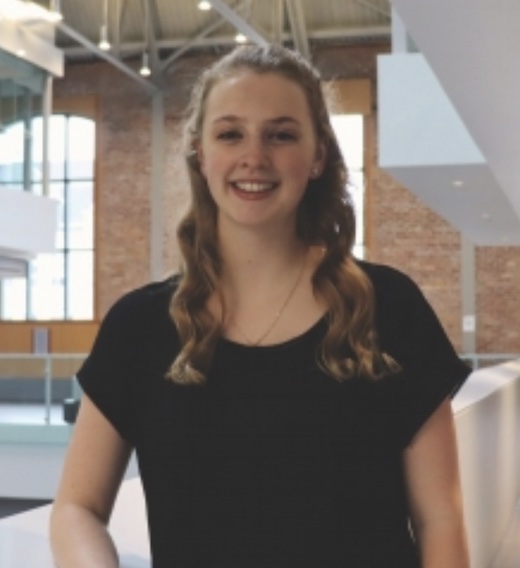
Julia Stratton is graduating from the Master of Journalism program at Carleton University this spring. She has been working as a journalist for the past four years, and has bylines in The Globe and Mail, Canada’s National Observer and Canadian Geographic, among others. When she’s not writing or reading a book, she can usually be found running, swimming or aimlessly travelling the world.
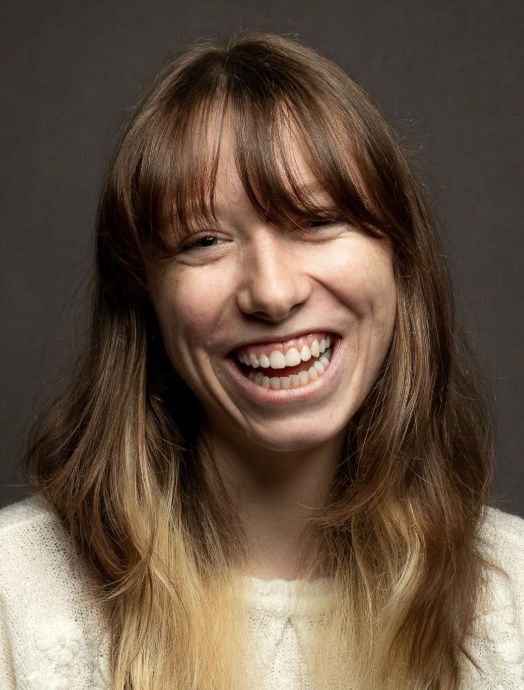
Allison Young is a fourth year Bachelor of Journalism and Humanities student at Carleton University. Based in Ottawa, she enjoys reporting stories that give a voice to underrepresented people and issues, both within her own community and across Canada. Her work has appeared in the Financial Post and Capital Current. Allison has a passion for feature and in-depth writing, particularly stories that explore social justice, identity, and the relationship between social movements and policy change. In addition to her reporting, Allison enjoys experimenting with multimedia storytelling, including audio, video, and other digital formats.
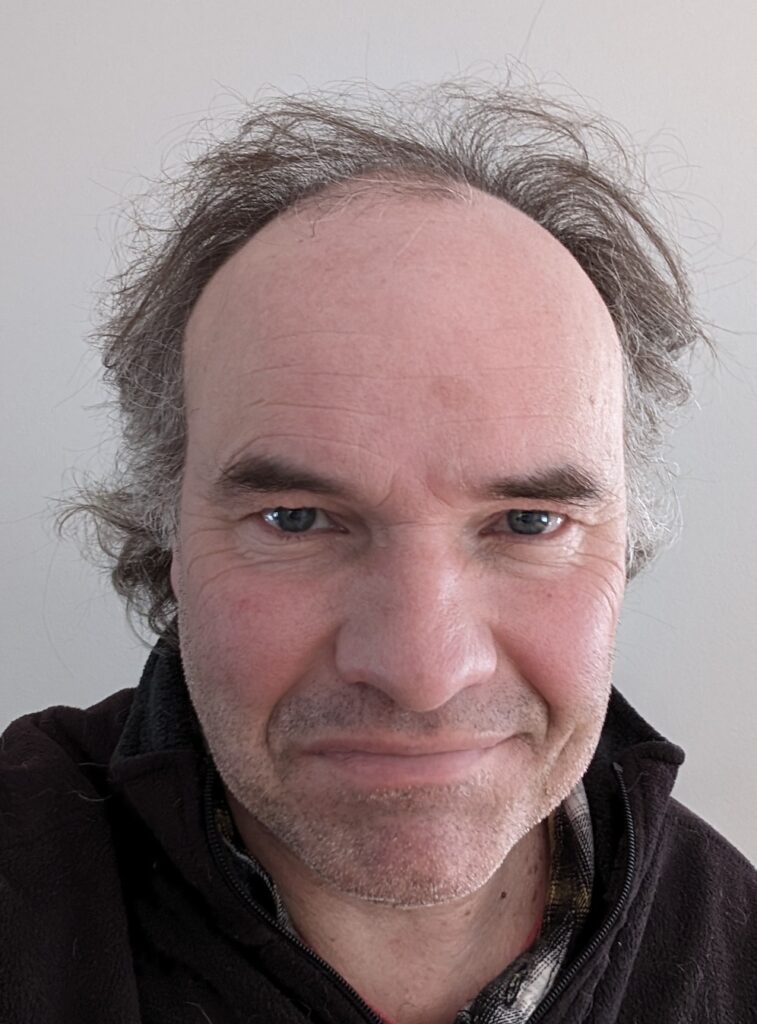
Randy Boswell is an associate professor of journalism at Carleton University and co-publisher of the school’s flagship community news site, Capital Current. He was a reporter and editor for more than 20 years with the Ottawa Citizen and Postmedia News, covering a wide range of subjects — politics, business, science, culture and more — while developing a unique national history news beat. He’s been teaching at Carleton since the mid-1990s and has been a freelance columnist and feature writer with the Citizen, National Post, Canada’s National Observer, iPolitics, Globe and Mail, Toronto Star, The Hockey News, Rolling Stone, CBC, Canada’s History, GlobalNews.ca, The Conversation and elsewhere.
